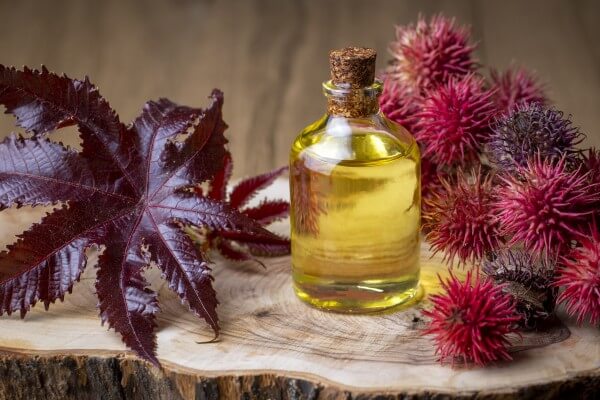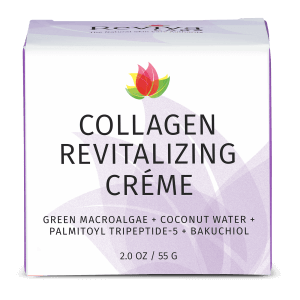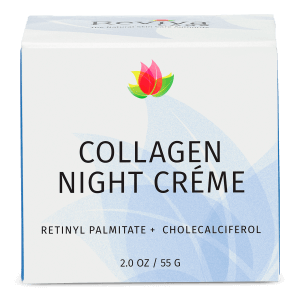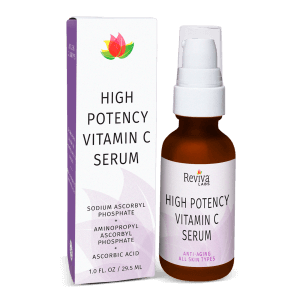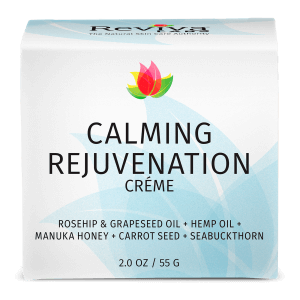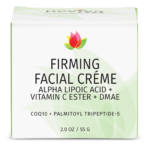Ingredients, Natural, Skin Care
What Facial Treatments are Good for Rosacea?
Rosacea is a chronic skin condition that primarily affects the face, leading to redness, swelling, and sometimes acne-like bumps. Managing this condition involves identifying and avoiding triggers, along with adopting suitable skincare routines and treatments. This article will explore various facial treatments that are beneficial for individuals with rosacea, aiming to soothe irritation and reduce flare-ups.
The Importance of Gentle Skincare
For those with rosacea, the key to skincare is gentleness. Harsh products can aggravate the skin, intensifying redness, and irritation. It’s crucial to choose products that are specifically formulated for sensitive skin. These should be free of alcohol, witch hazel, menthol, peppermint, and eucalyptus oil, as these ingredients can trigger rosacea symptoms. Instead, look for products containing allantoin, niacinamide, and glycerin, which can help calm the skin and strengthen its barrier.
Moisturizing: A Critical Step
Hydration is essential for managing rosacea. A good moisturizer can form a barrier to protect the skin from environmental irritants and help maintain its natural moisture balance. It’s beneficial to select a moisturizer that is oil-free and has a gel or lotion consistency, as these are less likely to cause irritation. Moisturizing twice a day, after cleansing, can significantly improve skin comfort and appearance.
Sun Protection for Rosacea
Sun exposure is a well-known trigger for rosacea flare-ups. Protecting the skin from the sun is vital and using a mineral-based sunscreen with an SPF of 30 or higher is advisable. Look for sunscreens containing zinc oxide or titanium dioxide, as these ingredients are less likely to irritate sensitive skin. It is important to apply sunscreen every day, even on cloudy days and during winter, as UV radiation can penetrate clouds and windows.
The Role of Medical Treatments
For many with rosacea, over-the-counter products alone are not enough to manage their condition. Medical treatments can play a crucial role. Topical antibiotics like metronidazole can reduce inflammation and redness. Another option is azelaic acid, which helps to decrease swelling and prevent bumps. These treatments are typically prescribed by a dermatologist and should be used under medical supervision to avoid exacerbating the condition.
Laser and Light Therapy
Advances in dermatological treatments have made laser and light therapy a popular option for treating rosacea. These treatments work by targeting the blood vessels that cause visible redness. A study published in the “Journal of the American Academy of Dermatology” found that light therapy could significantly reduce redness and improve the overall appearance of the skin in rosacea patients. While these treatments are effective, they should be performed by qualified professionals to minimize the risk of side effects.
The Benefit of Anti-Redness Masks
Facial masks designed to reduce redness can also be beneficial for those with rosacea. Masks containing natural soothing ingredients like aloe vera, green tea, and cucumber can help calm the skin and reduce inflammation. It’s important to use these products as directed and not to leave them on the skin longer than recommended, as overuse can lead to increased sensitivity.
Dietary Considerations
What you eat can also affect rosacea. Spicy foods, hot drinks, and alcohol are known to trigger flare-ups in many individuals. Keeping a food diary can help identify specific triggers. Incorporating anti-inflammatory foods like omega-3 fatty acids found in fish and flaxseed can be beneficial. Drinking plenty of water throughout the day helps keep the skin hydrated and flushes out toxins, potentially reducing flare-ups.
Stress Management
Stress is another factor that can exacerbate rosacea. Engaging in stress-reducing activities such as yoga, meditation, or gentle exercise can be helpful. It’s also important to ensure adequate sleep, as lack of rest can impact the immune system and aggravate skin conditions.
Professional Skin Assessments
Regular visits to a dermatologist are essential for anyone struggling with rosacea. A dermatologist can provide personalized advice and adjust treatments as needed. They can also perform procedures such as facials that are specifically tailored to sensitive skin, reducing the likelihood of irritation.
Choosing the Right Facial Treatments
When considering facial treatments for rosacea, it’s important to select those that are designed to be gentle and minimize skin trauma. Treatments that include harsh exfoliants or steaming should be avoided. Facials that focus on hydration and use mild, soothing products can be particularly beneficial.
In conclusion, managing rosacea requires a careful approach tailored to individual needs and skin reactions. By incorporating gentle skincare products, protecting the skin from the sun, and considering medical and professional treatments, individuals with rosacea can help maintain their skin health and appearance. Regular consultations with a dermatologist are vital to effectively manage this condition.






